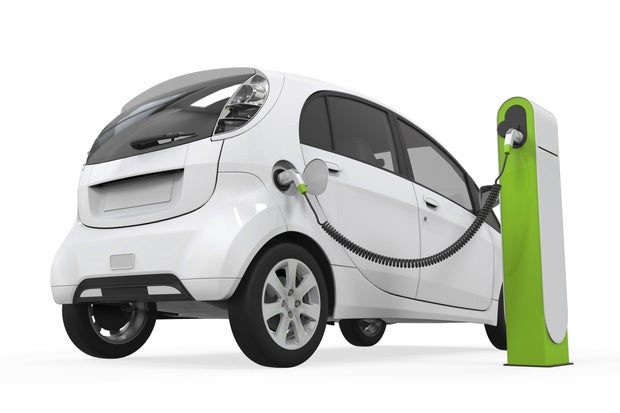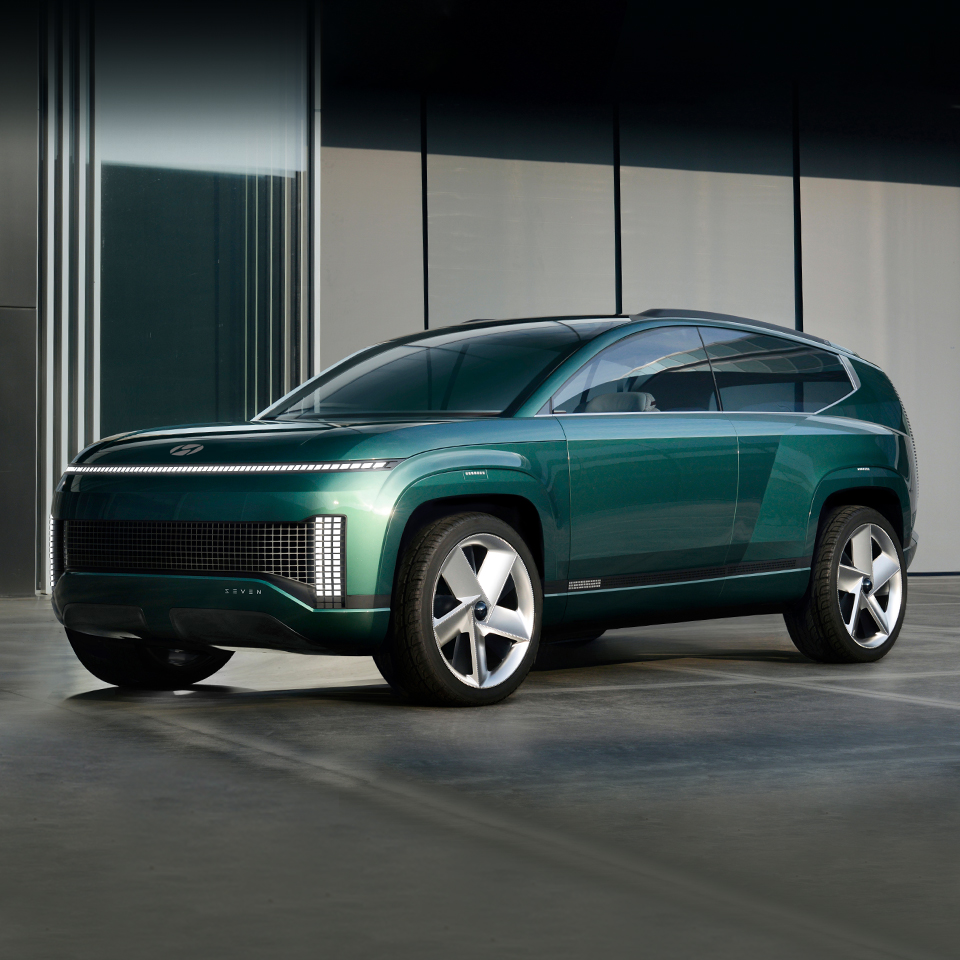Table of Contents
- Electric Car Forum And Electric Vehicle Community Development - Ajay ...
- 5 choses à savoir sur les voitures électriques - Innovant
- Electric Cars are set to take over.
- Electric cars supply exceeds demand, says Britain’s biggest dealership
- How practical is an electric car in London? • The Register
- Frankfurt Motor Show 2017: new electric cars preview - Business Insider
- Middle Steering Neighborhood Electric Vehicles with EEC Coc - China ...
- Parked electric cars will power buildings, researchers say | Network World
- Increasing Demand in Electric Vehicles | Electrician Courses 4U
- electric automobile | vehicle | Britannica


History of Electric Cars



Benefits of Electric Cars



Types of Electric Cars
There are several types of electric cars available, including: Battery Electric Vehicles (BEVs): These cars are powered solely by a battery and electric motor, with no gasoline engine. Hybrid Electric Vehicles (HEVs): These cars combine a gasoline engine with an electric motor and battery, providing improved fuel efficiency. Plug-in Hybrid Electric Vehicles (PHEVs): These cars have a larger battery than HEVs and can be charged from an external power source.
Charging Infrastructure
One of the main concerns surrounding electric cars is the availability of charging infrastructure. However, this is rapidly changing, with the number of public charging stations increasing exponentially. Many governments and companies are investing heavily in the development of charging infrastructure, making it easier for drivers to charge their cars on the go. The electric car is revolutionizing the way we think about transportation. With their zero emissions, lower operating costs, and smooth and quiet ride, it's no wonder that EVs are becoming increasingly popular. As the technology continues to evolve and improve, we can expect to see even more innovative and efficient electric cars on the roads. Whether you're a environmentally conscious driver or simply looking for a cost-effective and comfortable ride, electric cars are definitely worth considering.Source: Electric car - Wikipedia
Note: This article is optimized for search engines with relevant keywords, meta descriptions, and header tags. The content is informative, engaging, and provides valuable insights into the world of electric cars.